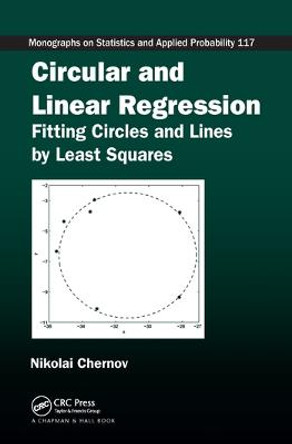Description
The theory of chaotic billiards has made remarkable progress in the past thirty-five years, but it remains notoriously difficult for the beginner, with main results scattered in hardly accessible research articles. This is the first and so far only book that covers all the fundamental facts about chaotic billiards in a complete and systematic manner. The book contains all the necessary definitions, full proofs of all the main theorems, and many examples and illustrations that help the reader to understand the material. Hundreds of carefully designed exercises allow the reader not only to become familiar with chaotic billiards but to master the subject.
The book addresses graduate students and young researchers in physics and mathematics. Prerequisites include standard graduate courses in measure theory, probability, Riemannian geometry, topology, and complex analysis. Some of this material is summarized in the appendices to the book.
About the Author
Nikolai Chernov, University of Alabama at Birmingham, AL.
Roberto Markarian, Universidad de la Republica, Montevideo, Uruguay.
Reviews
Although there are many books covering general mathematical billiards there are no comprehensive introductory texts covering chaotic billiards. The book remedies this deficiency and presents the theory of chaotic billiards in a systematic way."" - Zentralblatt Math
""In contrast to many other works on billiards, this book does not hide any technicalities. It works out all the technical details, to the last epsilon. There are numerous exercises which are well chosen and useful. This way the reader can not only understand billiard theory in an active way, but can also develop the skills needed to address new questions. Thus it is useful not only graduate students, but also for senior mathematicans who would like to start working on billiards. I strongly recommend this book."" - Mathematical Reviews
Book Information
ISBN 9781470474423
Author Nikolai Chernov
Format Paperback
Page Count 316
Imprint American Mathematical Society
Publisher American Mathematical Society
Weight(grams) 272g







